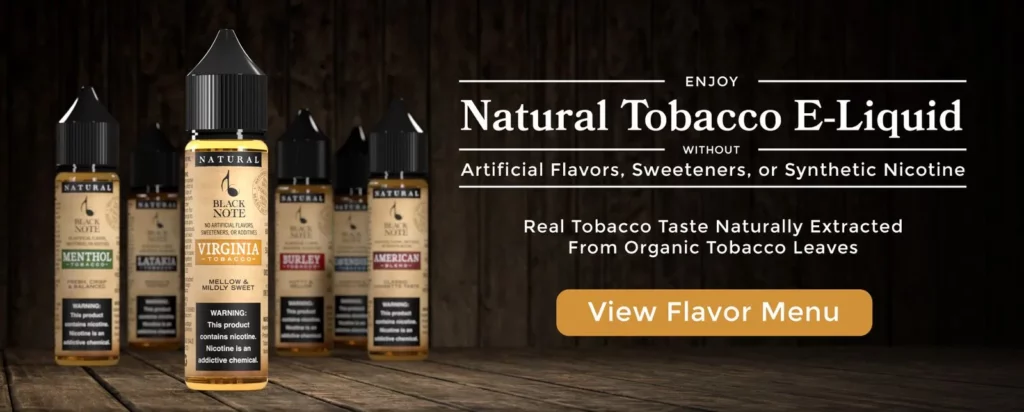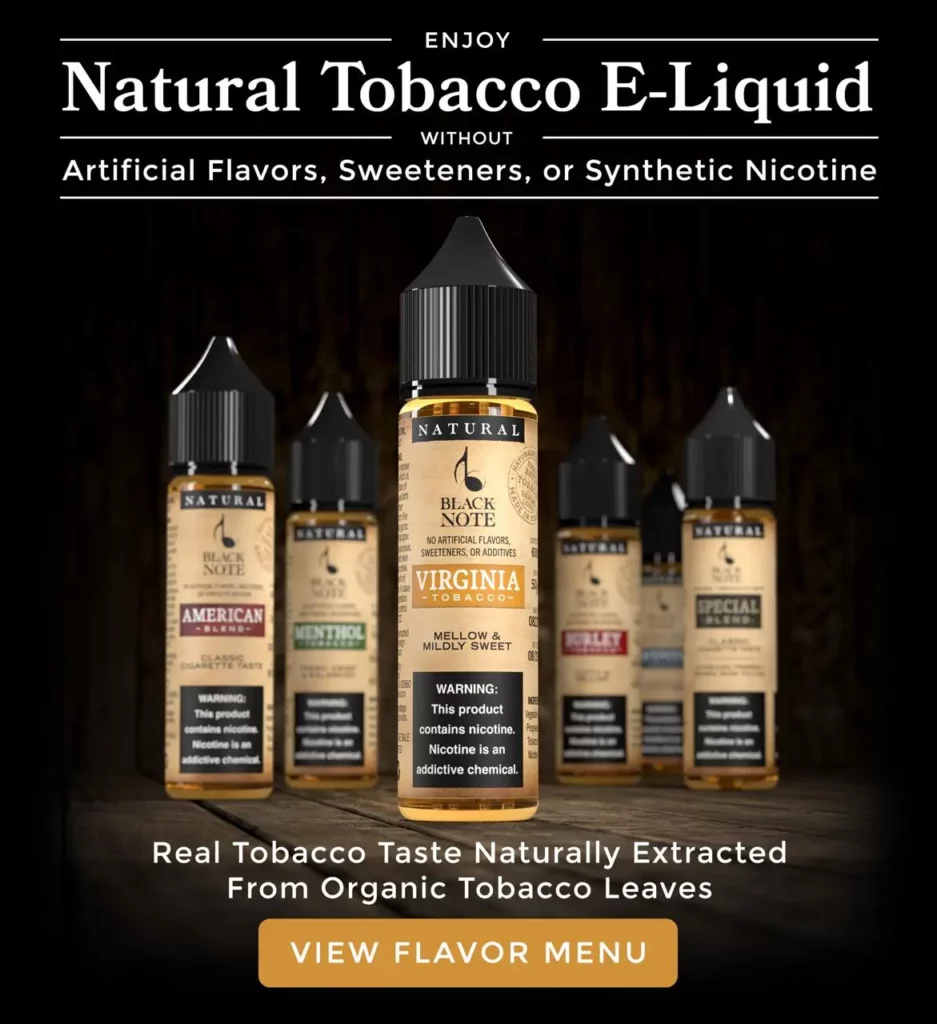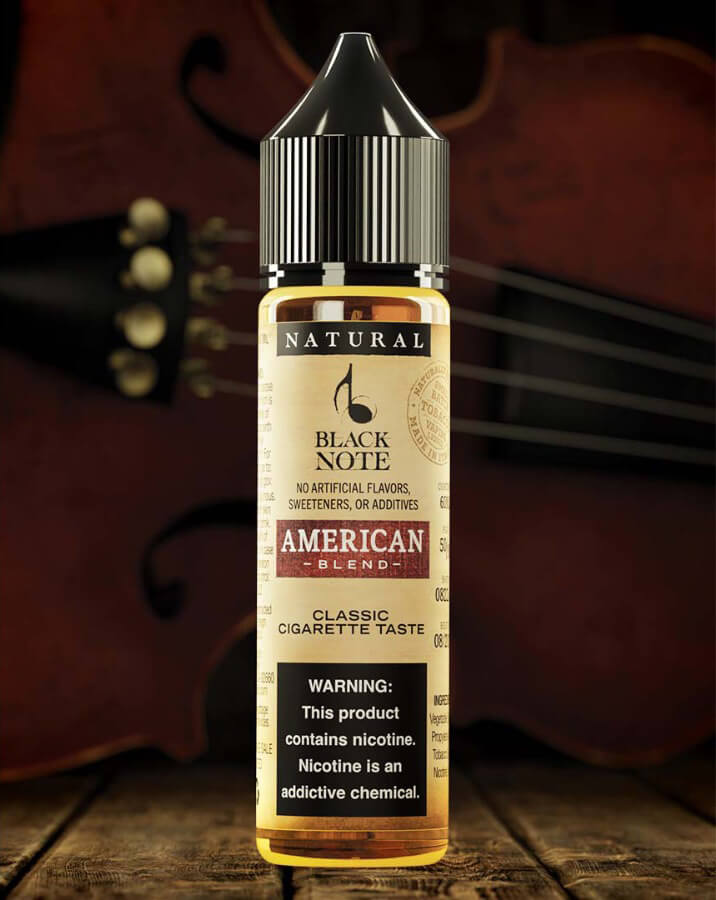Evidence suggests that vaping is way less dangerous than smoking tobacco. That said, there are some side effects that you may be exposed to from vaping. These side effects from vaping are benign, but it does pay to be up to date on these things.
“Vaping is less harmful than smoking, but it’s still not safe. E-cigarettes heat nicotine (extracted from tobacco), flavorings and other chemicals to create an aerosol that you inhale. Regular tobacco cigarettes contain 7,000 chemicals, many of which are toxic. There’s almost no doubt that vaping exposes you to fewer toxic chemicals than smoking traditional cigarettes.” – hopkinsmedicine.org
Different types of e-liquids, vapes, tanks, and coils are available in the market. With so many variables, people may experience significantly different side effects.
Here are some you should be on the lookout for.
DRY MOUTH
Dry mouths are the most common side effect of vaping, so if you’ve felt the dryness of the mouth during or after vaping, know it’s caused by the base ingredients, vegetable glycerin (VG) and propylene glycol (PG).
VG and PG are hygroscopic, meaning they strongly attract and absorb water molecules. The vape clouds quickly absorb water molecules from your mouth while inhaling into your lungs. Therefore, repeated or prolonged exposure to VG and PG while vaping increases the chances of you suffering from dry mouth.
VAPER’S TONGUE
Excessive vaping while hydrated can result in a phenomenon known as vaper’s tongue. Vaper’s tongue describes the sudden loss of the ability to taste vape juice.
While vaper’s tongue isn’t harmful, it can be unpleasant, and the best way to reduce the chances of experiencing it is to drink lots of water. The taste bud is highly sensitive and functions best when hydrated.
COUGHING
If you’re a beginner to vaping, you’ll most likely experience coughing to some extent. The cough produced when transitioning from tobacco to vapes is a more scratchy irritation than a deep, painful cough.
Learning to vape is a simple skill that’s made slightly complex because different types of vape tanks have different draw resistance, fire-up time, and other forms of variance. Some are made for mouth-to-lung vaping, and others, direct to lung pull, can take some getting used to.
WEIGHT LOSS
Nicotine is an active substance in most e-liquids. One profound effect of nicotine is that it acts as an appetite suppressant, especially if you are getting started vaping. A suppressed appetite means you start eating less, which can quickly result in weight loss.
This suppressed appetite is a side effect that subsides fairly quickly. However, if you notice prolonged appetite loss or severe weight fluctuation, do well to consult your doctor.
FATIGUE
Nicotine is quite a strange drug. While it acts as a mild stimulant, it can also have a calming effect. If you notice you’re starting to feel tired, it likely comes from nicotine’s stimulating effect. This is similar to the “caffeine crash” you get when you’ve drunk more coffee than you should. At first you feel stimulated but as this wears off, you start to feel lethargic, sluggish, and slow.
HEADACHES
Headaches are some of the most common side effects of quitting smoking tobacco, and they can occur even if you replace them with nicotine replacements like e-cigarettes. The headaches come because nicotine isn’t the only substance you inhale when smoking tobacco, and it takes time for the body to adjust to the absence of these compounds.
While vaping, you’re very important to drink enough water to ensure you’re not getting a headache from tobacco withdrawal or simply dehydration.
CHEST PAIN
Smoking tobacco comes with chest pains, a feeling most tobacco smokers are familiar with. Changing from smoking tobacco to vaping can come with a brief adjustment period. During this adjustment period, your throat and lungs get irritated, which is a common cause of chest pain for those vaping. Other sources of chest pain can come from high nicotine dosages, vaping at high temperatures, or cinnamaldehyde, a specific type of flavoring for e-liquids.
Experienced vapors should change their e-liquid, wattage, nicotine strength, or temperature when they start to experience chest pains.
LONG-TERM SIDE EFFECTS
Vaping has cases of long-term side effects. In 2019, persons who consumed bootleg cannabis vape products reported severe lung disease. The incident was a harsh reminder of the dangers of getting vape products from unlicensed and unregulated vendors.
There have been no reported cases of severe diseases from using vaping products from safe sellers.
Most side effects of vaping come from misuse, buying from unsafe sources, or initially after switching from cigarettes. That’s not to say there are no side effects that come with vaping, but the side effects are benign.









